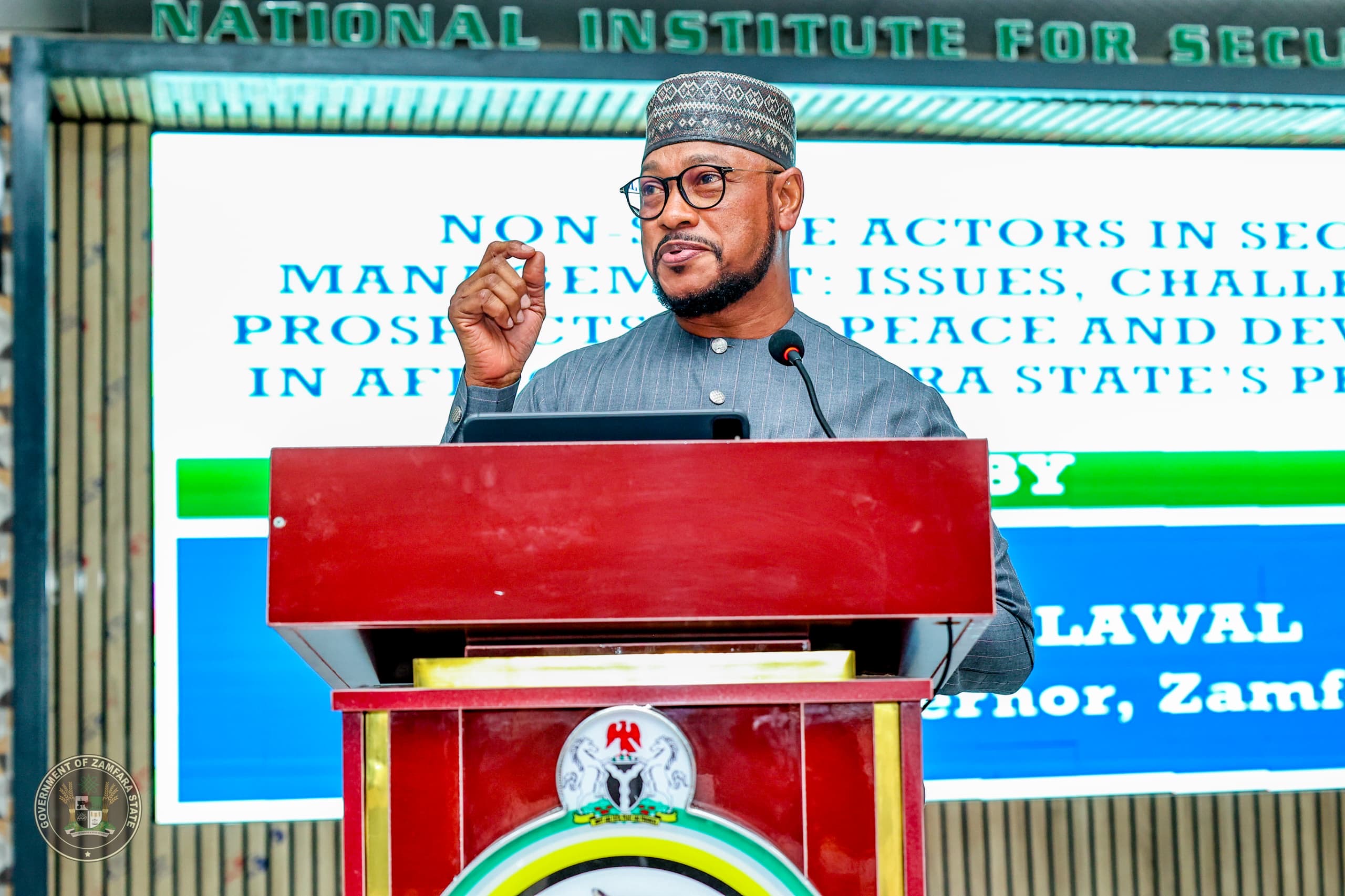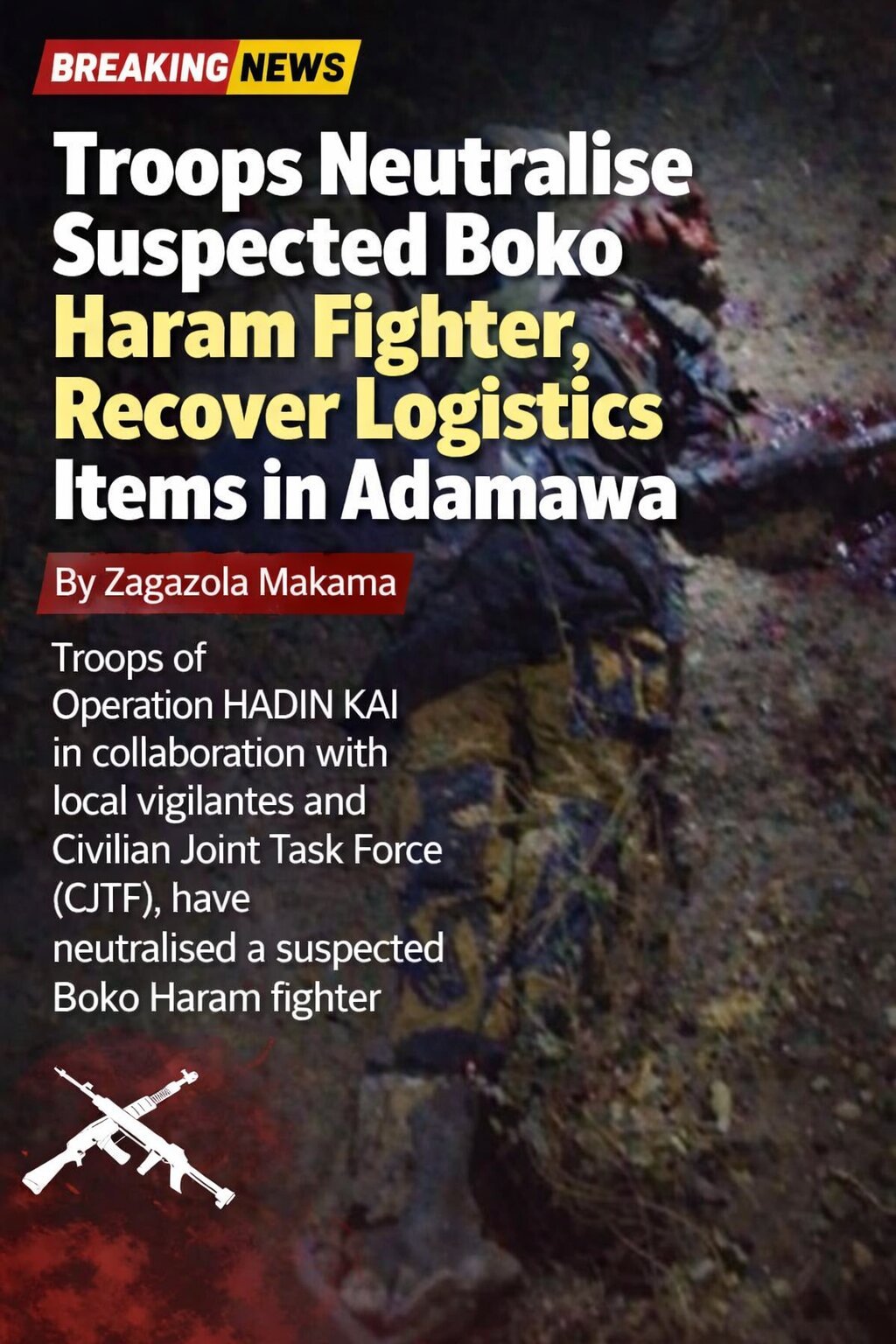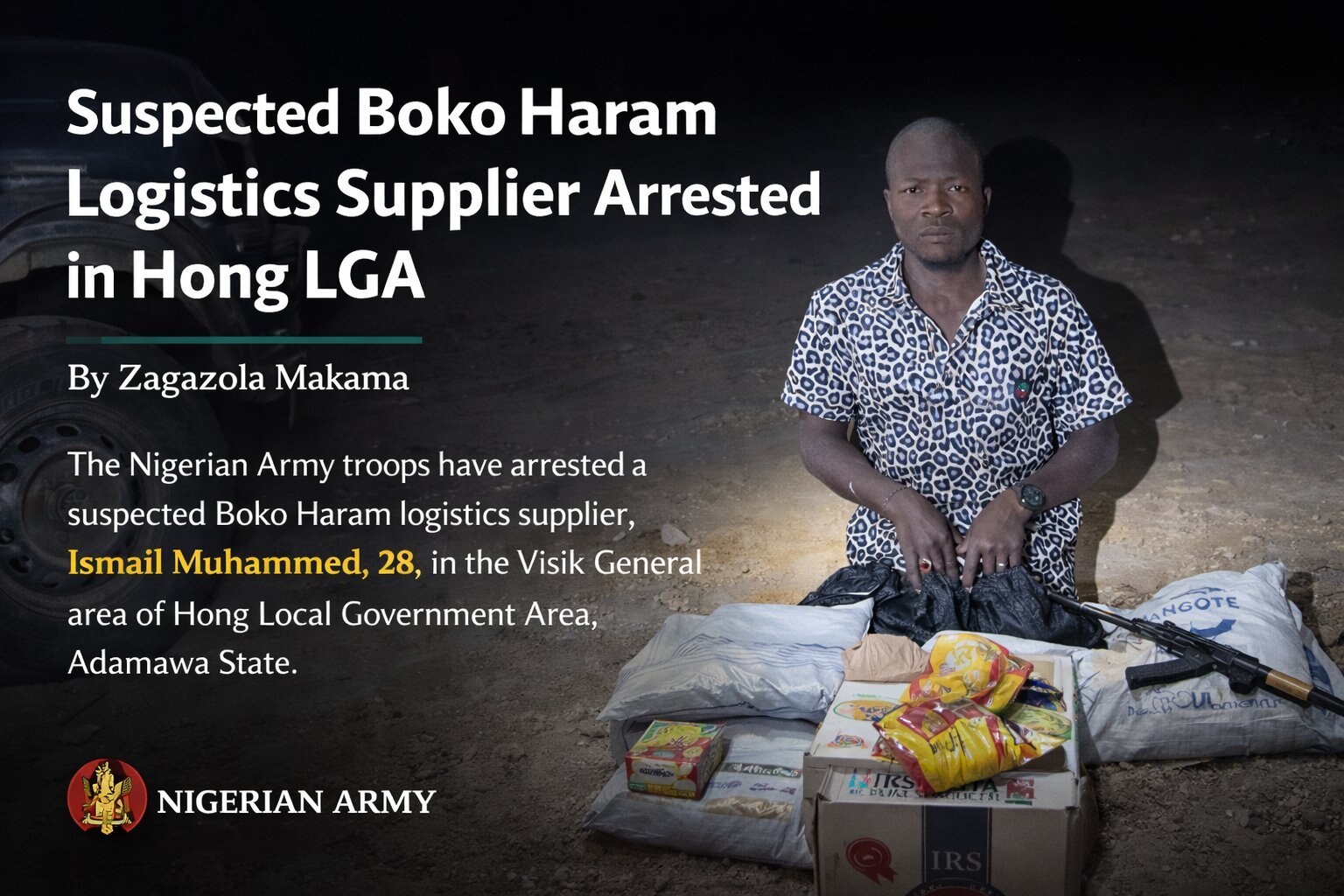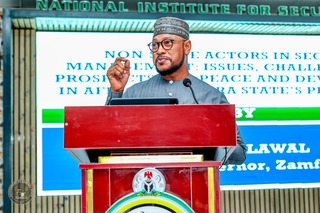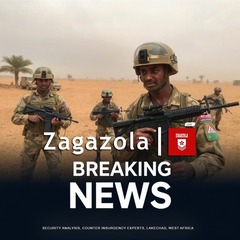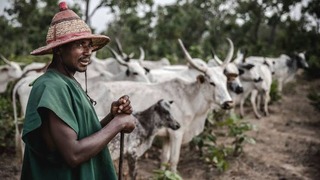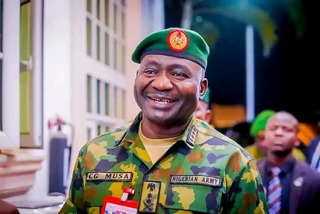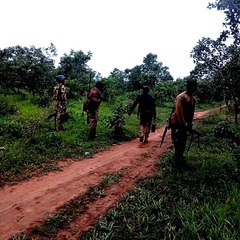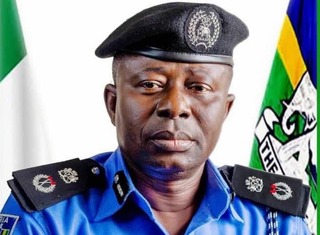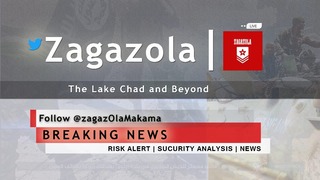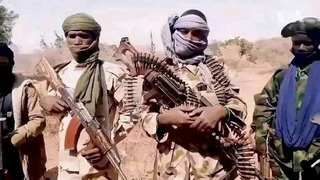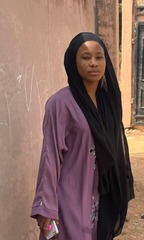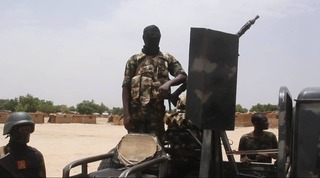Gov. Lawal warns against uncontrolled negotiations with armed groups
By: Zagazola Makama
Governor Dauda Lawal of Zamfara State has cautioned against peace negotiations that allow armed groups to retain their weapons while setting the terms for dialogue, warning that such practices only delay violence and weaken state sovereignty.
Lawal gave the warning while delivering a lecture to participants of the Executive Intelligence Management Course (EIMC) 18 at the National Institute for Security Studies (NISS) in Abuja on Wednesday.
A statement issued by his spokesperson, Sulaiman Bala Idris, said the lecture was titled “Non-State Actors in Security Management: Issues, Challenges, and Prospects for Peace and Development in Africa A Zamfara State Perspective.”
The EIMC 18 participants, according to the statement, include senior officers from key Nigerian security, intelligence, and enforcement agencies, as well as representatives from other African nations, including Chad, Ghana, Rwanda, Somalia, and The Gambia.
Lawal said his presentation provided an opportunity to reflect on Zamfara’s experience, which he described as a microcosm of Africa’s broader struggles with insecurity, governance, and development.
“Over the past two decades, Africa’s security landscape has evolved beyond traditional definitions. The idea that the State has exclusive control over the use of force is being increasingly challenged by a variety of non-State actors community vigilantes, civil defence groups, insurgents, bandits, and transnational criminal networks,” he said.
He traced Zamfara’s security challenges to long-standing grievances, economic inequalities, competition over natural resources, and the effects of climate change, compounded by the proliferation of small arms, weak law enforcement, and rising youth unemployment.
Lawal explained that since assuming office in 2023, his administration had prioritised the protection of lives and property as the core responsibility of government.
“Effective security management cannot succeed without the active participation of local communities. Our strategy in Zamfara has therefore been anchored on three mutually reinforcing pillars,” he said.
The governor listed the pillars to include improved coordination among security agencies through a unified State Security Council under his leadership, the establishment of Community Protection Guards (CPG) to assist law enforcement, and enhanced intelligence sharing between traditional institutions, local councils, and security operatives.
He also said his administration had constituted peace committees across all local government areas, comprising emirs, imams, women, and youth leaders to mediate disputes and rebuild community trust.
Lawal added that Zamfara was collaborating with the Office of the National Security Adviser and international partners such as Colombia on Preventing and Countering Violent Extremism (PCVE)focusing on rehabilitation, reintegration, and trauma healing.
The governor, however, expressed concern over unregulated peace deals being initiated in parts of the North-West with violent non-state actors, describing such approaches as counterproductive.
“Dialogue can aid conflict management, but true peace requires disarmament. Reconciliation without control equates to surrender. Allowing armed groups to keep their weapons while setting peace terms simply delays violence and compromises State sovereignty,” he warned.
Lawal emphasised that peace efforts must be state-led, coordinated, and backed by legitimate authority, noting that the government must demonstrate both the capacity and the will to enforce peace and uphold the rule of law.
“Sustainable peace arises when armed actors acknowledge the rule of law and the Government’s commitment to protect its citizens,” he added.
In his remarks, the Commandant of the National Institute for Security Studies, Mr. J.O. Odama, commended Governor Lawal for his detailed and insightful lecture, describing him as a leader who has transformed Zamfara from “a state once defined by negativity to one of growing positivity.”
“Today, His Excellency has brought to us what the facts are, what the issues and challenges are, and what the prospects are for a secure and prosperous Zamfara,” Odama said.

